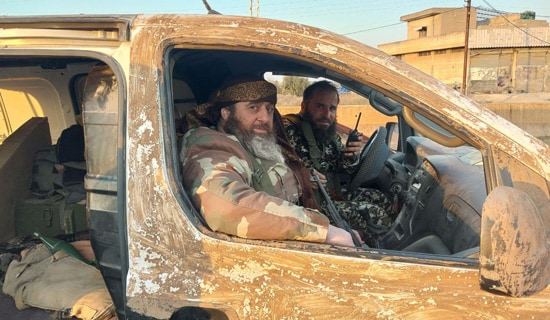The Wagner Group – a Russian State-backed private military company (PMC) – has mounted a bloody campaign across Mali since December 2021, when the country's ruling military junta contracted its support to counter the growing Salafi-jihadi threat posed by Al-Qaeda's Sahelian affiliate, the Group for the Support of Islam and Muslims (GSIM), and the Islamic State's Sahel Province (ISIS).
Alongside Malian forces, Wagner contractors have been implicated in a series of human rights abuses committed under the guise of counterterrorism operations, including the summary execution of approximately 300 civilians in March 2022, an atrocity considered by Human Rights Watch to be the worst in Mali's decade-long armed conflict.
This recent increase in indiscriminate violence, augmented by the arrival of Wagner contractors to Mali, risks further exacerbating instability in the country, undermining the legitimacy of the government and security forces, and indirectly bolstering the standing of GSIM and ISIS among the local populace. Indeed, GSIM has already attempted to exploit Wagner-linked acts of violence against civilians to portray itself as the defender of local Muslims against victimization by corrupt Malian authorities in league with foreign mercenaries.
Yet, the Wagner Group's track record in Mali largely reflects the company's pattern of engagement in Africa, where it has provided an array of unscrupulous security services to successive African governments in exchange for compensation, often in the form of natural resource concessions to Wagner-linked Russian entities. Through these ventures, the company has demonstrated its willingness to forego human rights concerns in favor of economic gains and broader Russian geostrategic interests on the continent.
Compiling dozens of MEMRI JTTM reports and other open-source information, the following report firstly overviews the Wagner Group, documenting its origins, structure, and affiliation with Russian State actors. Then, it tracks the Wagner Group's growing presence in Africa, where the group has engaged in documented violence against civilians as it promotes its model of engagement from one country to the next. Finally, the report concludes by reviewing recent Wagner operations in Mali, including human rights abuses and escalating clashes with local Salafi-jihadi groups, including GSIM and ISIS. Looking ahead, the report forecasts the possibility of the Wagner Group's further expansion into neighboring Sahelian countries, an outcome which would further destabilize the region and likely embolden local jihadi groups.
The Wagner Group's logo
To view this report in full, you must be a paying member of the JTTM; for membership information, send an email to jttmsubs@memri.org with "Membership" in the subject line.
Note to media and government: For a full copy of these reports, send an email with the title of the report in the subject line to media@memri.org. Please include your name, title, and organization in your email.
JTTM subscribers can click here to view the report.
The full text of this post is available to subscribers.
Please login or register to request subscription information from MEMRI






